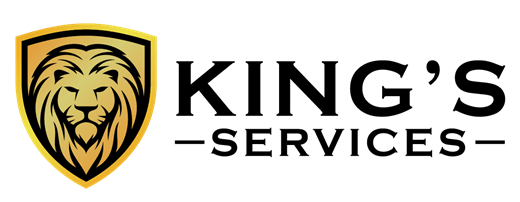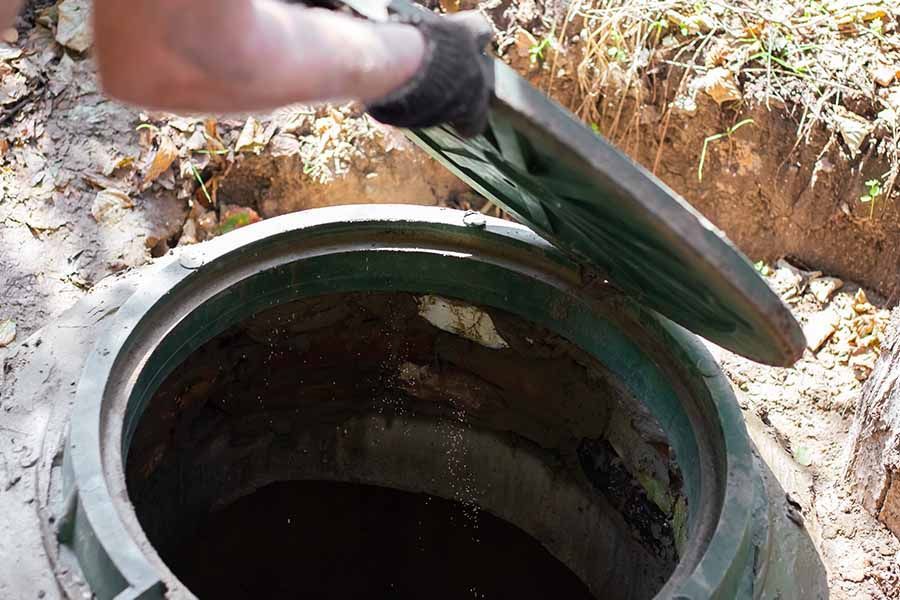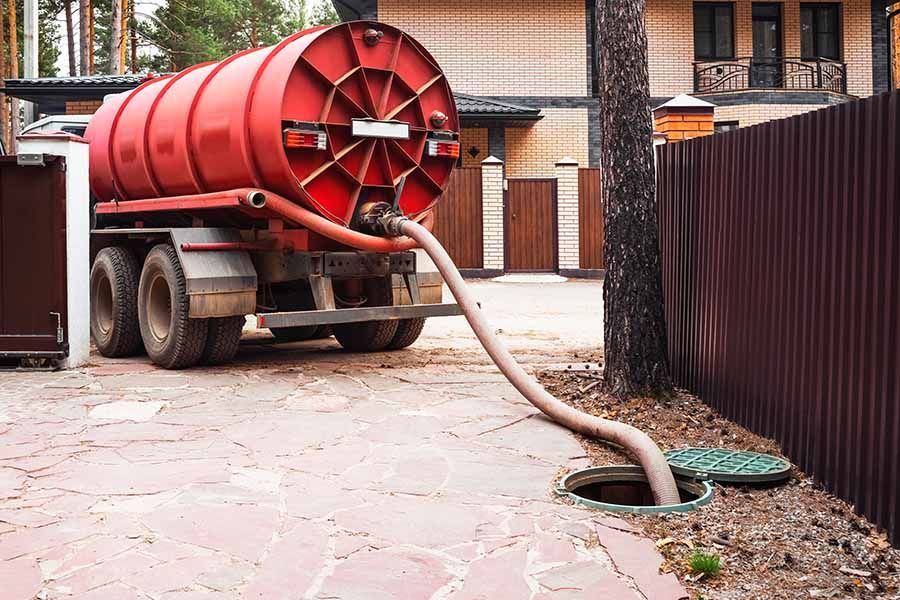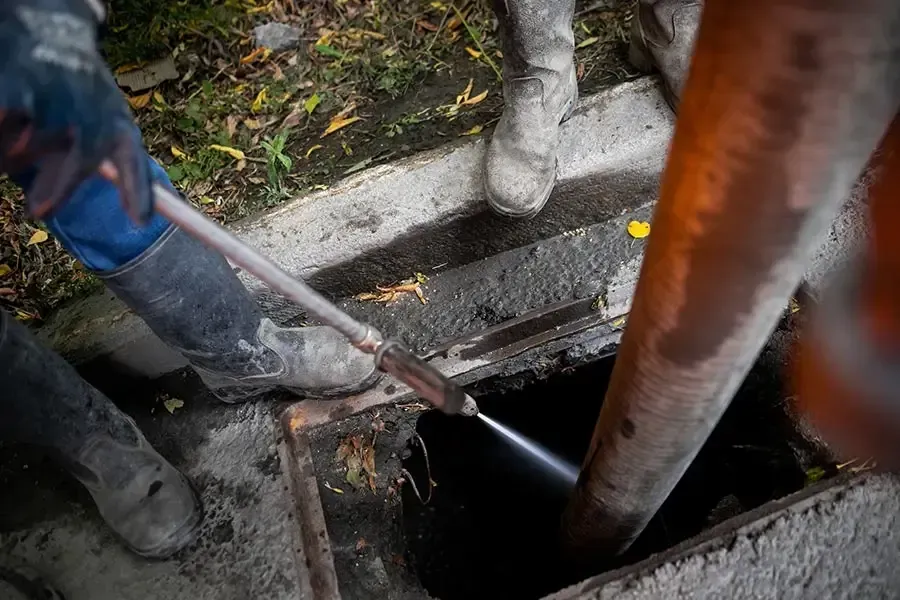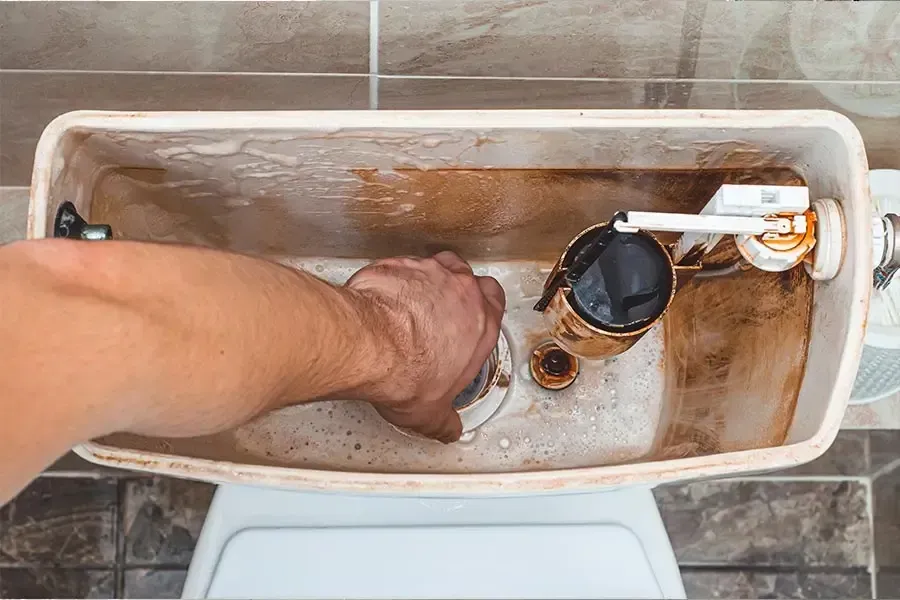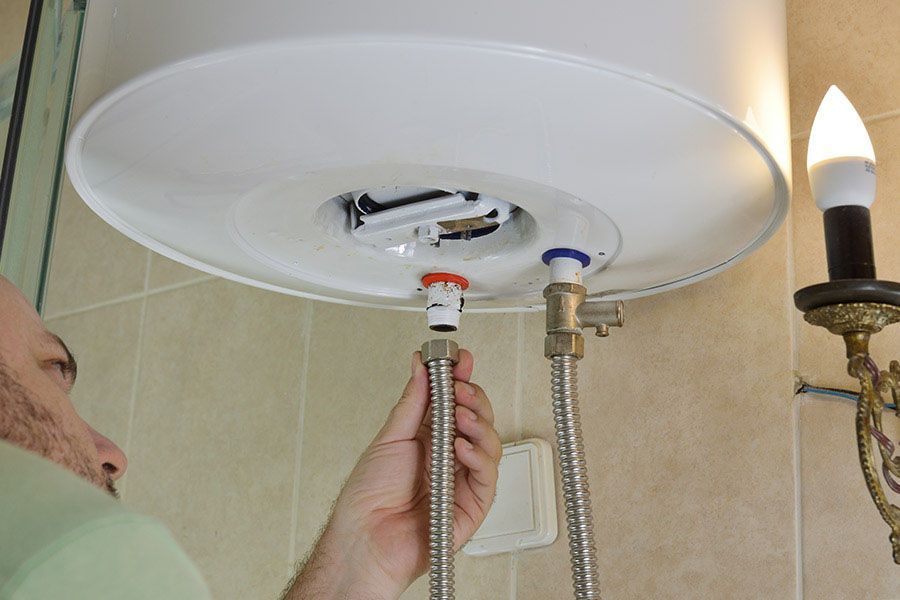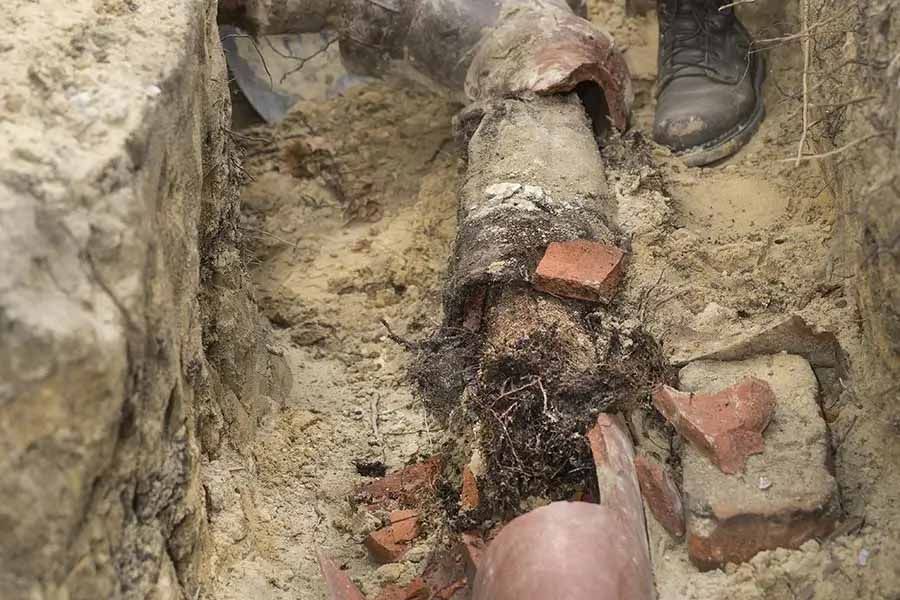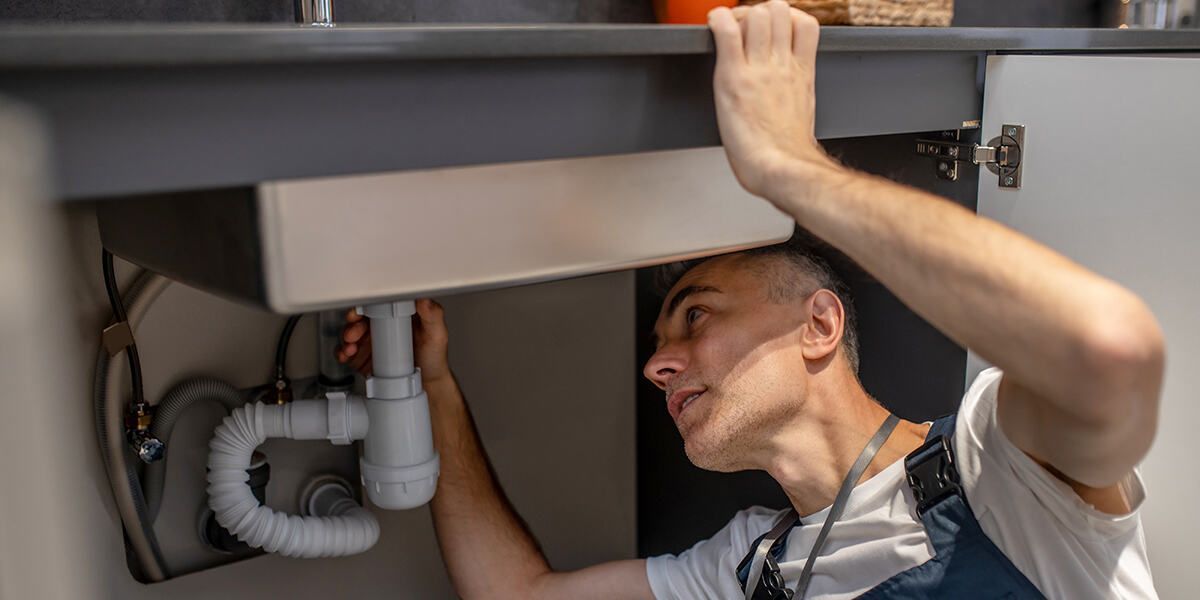
All of the grease, fats, and oils that go down your sink drain enter the water system and can cause significant clogs. These clogs require money and manpower to remove, creating a problem for your plumbing and even harming your community's public sewage system.
To avoid these issues and keep your local sewer systems running smoothly, most areas require restaurants and commercial kitchens to have efficient grease traps. Grease traps intercept fats, oils, and grease before they enter the local sewer systems. Does a grease trap need to be vented? You'll find out in this complete guide to grease interceptor ventilation.
If you're looking for "grease trap cleaners near me," look no further than King's Services. Our technicians are well-versed in grease interceptor cleaning and ventilation and can keep your sinks and drains clean and up to code. Read on to learn more about the importance of grease trap vents.
The Purpose of Grease Interceptors
You may not think of it often, but your grease trap plays an important role in your restaurant. Have you ever heard the term FOG? FOG is an acronym for fats, oils, and greases — all of those thick substances that can lead to clogs in a waste pipe.
Every time you wash a greasy dish, fats, and oils inevitably travel down the drain and into the pipes. Grease traps or interceptors step in to prevent this grease from entering the sewer system. The following areas in a restaurant usually have grease traps in place:
- Kitchen sinks
- Food disposal units
- Floor drains
- Dishwashing machines
What many restaurant owners don't realize is that more than FOG is entering their grease trap. Water enters the interceptor along with grease — but so does a lot of air. Too much air entering a grease trap is a recipe for disaster, and that's why venting grease traps is an important part of keeping your commercial kitchen running smoothly.
Does a Grease Trap Need to Be Vented?
To prevent plumbing backups or foul odors from infiltrating your business, all of your grease traps need adequate ventilation. In fact, modern plumbing codes require grease trap ventilation wherever air is prone to accumulating.
Installing a vent downstream of the grease interceptor is a requirement, and in some cases, so is installing one upstream. Plumbing code PDI G101 requires businesses with dinks and rains to install a vented external flow control.
With this ventilation method, a flow control device creates negative pressure by mixing air with flowing waste water as it enters the grease trap. This creates an effect called separation efficiency, which keeps air pressure throughout the grease trap low.
Another way to vent your grease trap is by venting the interceptor tank into the outside air. This involves an independent vent line that runs with the vessel vent. Professional installation and ongoing maintenance are vital because this method comes with the risk of gas releasing into your kitchen.
Some automatic grease interceptors come with a one-inch tapered pipe connection on their outlet side where vessel vents attach. Plugging this vent with a filter allows trapped air to escape while activated carbon pellets neutralize odors.
How Does Air Intake Affect Your Grease Trap?
Why does air entering the grease trap matter? Won't it just dissipate among the waste or move through the system? No, the air in your grease trap won't magically disappear.
The following are some of the things that happen when too much air builds up in your grease interceptor:
1. Foul Smells Spread Throughout Your Restaurant
As water feeds into your grease trap, it rises upwards and compresses any air in the interceptor. This pressurized air must escape, and it will leak out of any gaps in the system.
You may be wondering why that matters; it's just air, after all. The reality is that air trapped in a gas interceptor is not just any air. Because of its exposure to dirty water and grease, this air comes with a foul odor.
When trapped air leaks from a grease interceptor, it releases that unpleasant odor into your restaurant. Now, imagine what that nasty smell does for your eating establishment. It certainly won't entice customers to keep coming back!
2. Waste Water Backs Up Into Your Sinks
Another thing that can happen when too much air packs into the grease trap is a plumbing backup. Air is essential for moving the waste stream, but too much air presents a problem. When trapped air forms a pocket, it stops free-flowing movement through the pipes and leads to backups in the pumping and sinks throughout your restaurant.
3. You Could Face Hefty Fines
When installing your grease trap, you probably thought you were doing your part in protecting city water and keeping sewer systems clean. Without good ventilation, you're doing the opposite.
As it turns out, a grease interceptor that isn't working has a major impact on city water. After all, the entire point of the grease trap is to keep grease out of the sewer systems. If trapped air prevents the grease interceptor from doing its job, grease, fat, and oil can enter the local sewer systems, causing serious clogs.
When this happens, expect a visit from the "Grease Police." Many cities have inspectors who root out the culprit behind these grease clogs and hand them hefty fines. So, if your grease interceptor isn't working efficiently, you might be digging into your wallet to make up for it.
Call King's Services for Grease Trap Cleaning
Are you noticing a funky smell coming from your kitchen sinks or dishwashers? Trapped air in a grease interceptor causes these foul odors and waste to back up into your drains. Does a grease trap need to be vented to stop these unsanitary odors?
Yes, your grease interceptor needs proper ventilation to resolve these concerns. At King's Services, we provide grease trap cleaning and vent installation to ensure your grease traps work as they should. Schedule an appointment with one of our expert technicians by calling (431) 532-5623 today.

